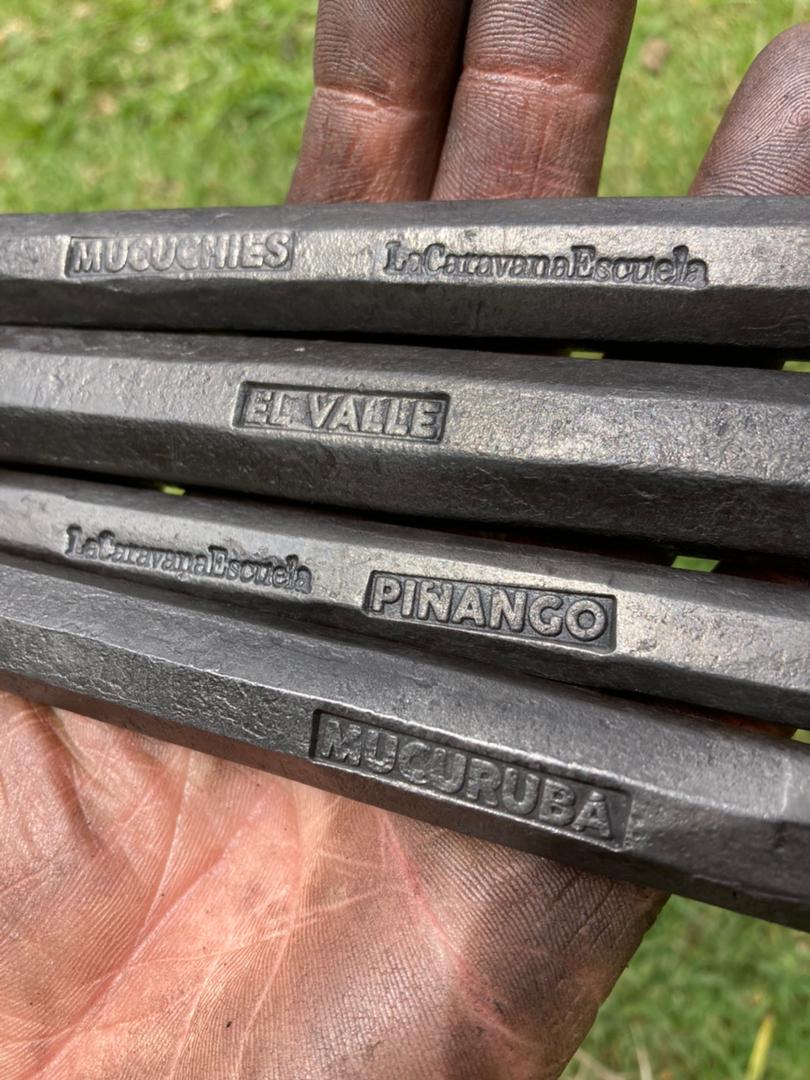La Caravana Escuela
We are a Blacksmithing school/factory with an itinerant and visionary educational model. Since 2019 we have been working continuously in the Páramos de Mérida, teaching farmers the art of forging agricultural tools and installing forging workshops in rural communities and technical schools. To date, men and women from the countryside have manufactured thousands of tools autonomously, working with their hands and without the need for electric light, recycling tons of automotive steel in their own villages. They are modeling a productive movement capable of mass-forging of quality tools for sale in hardware stores nationwide. It has fostered creativity, productivity and the expansion of knowledge in mountain farming communities, generating an immediate economic and social impact and diversifying the rural economy in a genuine and effective way. With a permanent presence in ten rural communities, over the past six years La Caravana Escuela (LCE) has taught more than 600 farmers (24.5% of whom are women, girls and youth) how to forge more than 20,000 tools for agricultural work and set up week-long camps to carry out the Forging Brigades that provide direct training to local farmers. At the end of the brigade in each community visited by LCE a Rural Forging Workshop (RFW) is installed. The RFWs are equipped with forges, anvils, tools, occupational safety equipment and mineral coal, so that, through continuous practice, the people develop skills, abilities and the necessary experience to forge quality pieces with marketable finishes.
This is made possible by a practical, comprehensive and ever-developing approach, fueled by the continuous need to forge new and better tools, and recycling scrap metal as a source of raw material to transform into useful, quality implements with commercial value. After six years, more than 27 tons of iron and steel have been reused.
Thus, in addition to teaching skills of immediate utility, LCE also provides a pathway to greater self-sufficiency, manufacturing necessary and indispensable tools for agricultural life, which would otherwise be unavailable or unaffordable. This enables communities to create income-producing opportunities for people facing significant challenges, empowering them with extremely valuable knowledge, tools, and resources in remote rural places.


















